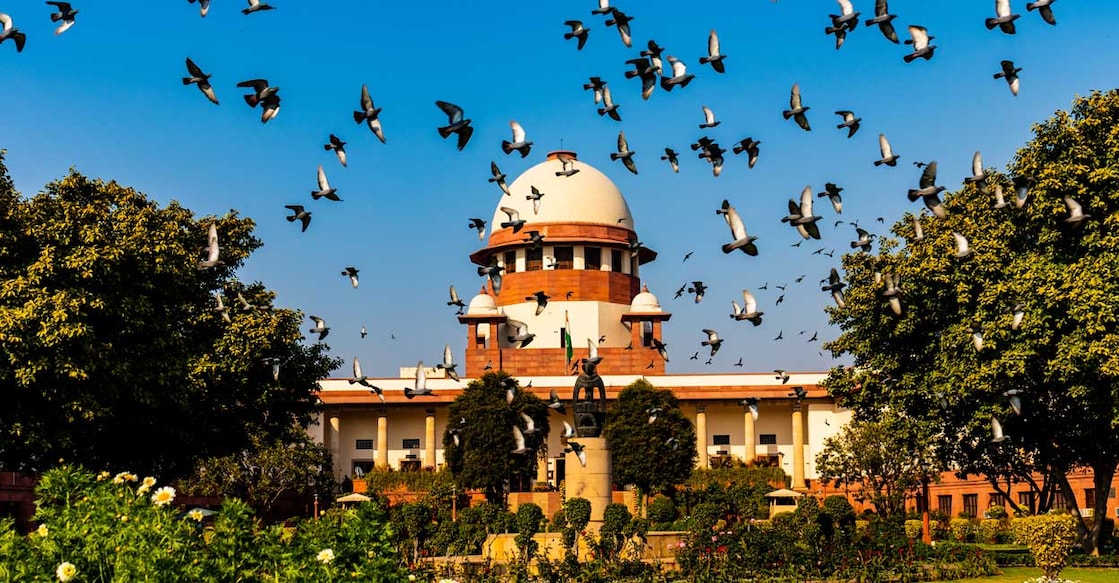SC dismisses PIL seeking steps to stop religious conversions

Mail This Article
New Delhi: The Supreme Court on Wednesday dismissed as withdrawn a petition seeking a direction to the Centre to take steps to curb fraudulent religious conversions in the country.
Why should the court enter into this thicket? How can the court issue a writ of mandamus to the government, said a bench comprising Chief Justice D Y Chandrachud and justices J B Pardiwala and Manoj Misra.
The lawyer, appearing for Karnataka-based PIL petitioner Jerome Anto, said Hindus and minorities are being targeted and they are being converted "fraudulently".
If there is a live challenge and someone is persecuted then we can entertain, the bench said while dismissing the PIL.
What kind of PIL is this? PIL has become a tool and everyone is coming up with petitions like these, it said.
On being argued where the petitioner should go with this kind of grievance, the bench said, We are not in advisory jurisdiction. (The plea is) Dismissed.
The PIL, filed through lawyer Bharti Tyagi, had made the Centre and all the states as parties and sought a direction from the top court to curb the religious conversion.
It said fraudulent religious conversion and religious conversion by intimidation, threatening, deceivingly luring through gifts and monetary benefits offend Articles 14 (right to equality), 21 (protection of Life and Personal Liberty) and 25 (freedom to practice and propagation of religion) of the Constitution.
It also sought a direction to the Centre and the states to take stringent steps to control such conversions.
Alternatively, the court may be pleased to direct the Law Commission of India to prepare a report as well as a Bill to control 'Deceitful Religious Conversion' within three months in spirit of Articles 14, 21 and 25, it said.
(With PTI inputs)

